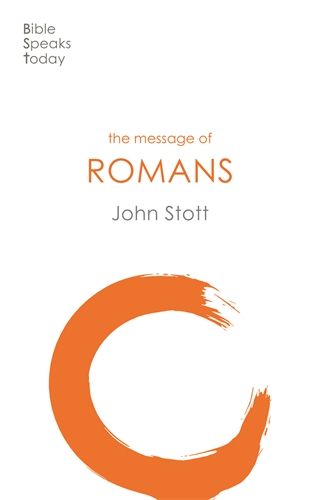
Paul's letter to the young church in Rome has dramatically influenced Christians through the ages. It has been described as a 'gateway into heaven'. In this letter Paul gives a complete picture of the gospel - the fullest and grandest in the New Testament. His horizons are vast, taking in time and eternity, the past, present and future of humanity, and the great themes of justification, sanctification and glorification. This is the most personally rooted of John Stott's expositions, for he confesses to have re-encountered Paul's letter constantly throughout his Christian life. At the same time, her interacts with other commentators, some of whom are challenging interpretations that are time-honoured and traditional. He sees Romans as a Christian manifesto for our increasingly unstable world, emphasising the good news of freedom through Jesus Christ. Paul's vision of this freedom is astonishing. It overcomes ethnic conflict, the darkness of moral guilt, condemnation from God and alienation from others. It is a freedom to serve God and our neighbours in love.


